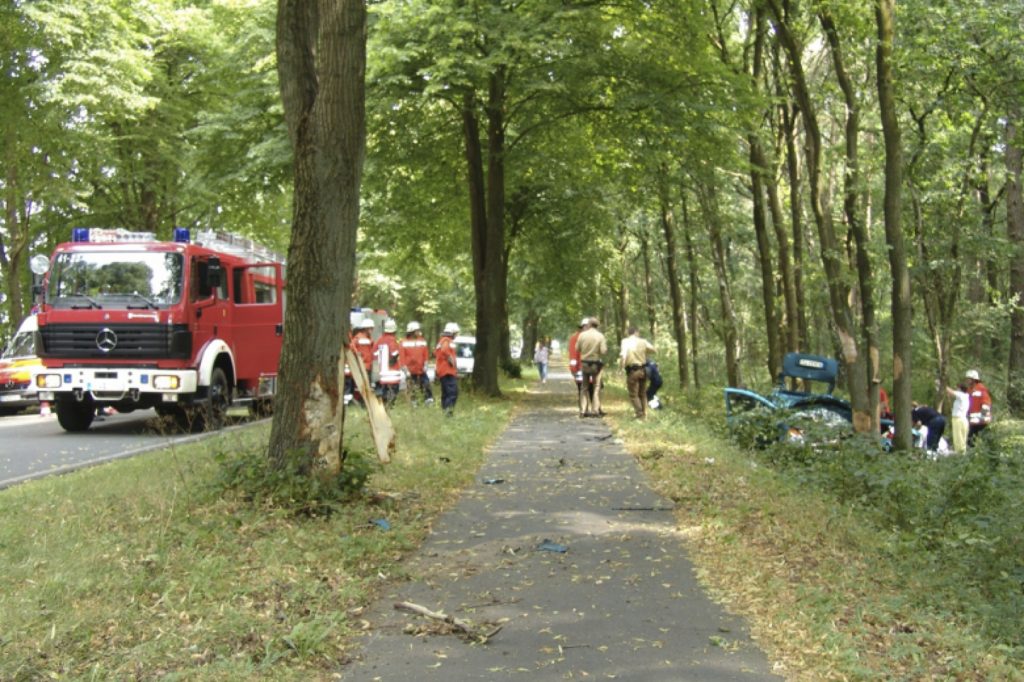What to Do After You’ve Had an Accident
According to some of the latest auto accident figures, there are around 16,438 accidents on average in the U.S. every day. Even when it’s a minor crash, it can be rather traumatic to experience, making it difficult to know what to do when it happens. To be prepared, just in case, you might want to carry a checklist in your vehicle to help you know what steps to take to ease that anxiety, ensure everyone is safe, and that what follows goes as smoothly as possible.
Get Out of Harm’s Way
The first thing to do if your vehicle is causing a hazard in the middle of the roadway is to move it over to the side of the road, assuming it’s safe to drive and you aren’t seriously injured. If it can’t be moved, if you’re physically able to do so, be sure to turn on your hazard lights and use road flares to warn others to slow down.
Check For Injuries and Call 911
If you’re injured and someone is there to help, ask them to call 911or do so yourself if necessary and possible. If you have serious injuries, try to avoid moving and wait for emergency personnel to arrive. Check on other passengers in your car and the other vehicle if one was involved, if you aren’t too hurt to move. If there are any injuries at all, and even if there aren’t, it’s best to call 911. In some states, calling the police is required legally. The officers who respond will document the scene and fill out a report. For minor fender benders, when police can’t come, you may have to go to the police station nearest to the scene of the accident and complete the report yourself. When filing claims with an auto insurer, a police report is often required for the claims process.
Exchange Information with the Other Driver
If there are no injuries that require attending to, you’ll want to exchange information with the other driver. The most important information to obtain includes their full name, phone number and address; license plate and driver’s license numbers; the model, make, and color of the vehicle; and the driver’s insurance company contact information and policy number.
Avoid discussing anything else with the other driver, particularly who is at fault. When filing an insurance claim, the adjuster who reviews it will make the determination based on the information provided by you and the other parties involved, the police report, photographs from the scene, and an inspection of property damage.
Document Everything
It’s important to document everything you can, even if responding officers do so. You’ll want the names and badge numbers of police who arrive at the scene, and you should also take your own photos. Take pictures from various vantage points showing all damage to the vehicles involved. If there are witnesses, be sure to write down their names and contact information as well.
Call Your Insurer and a Car Accident Lawyer
As soon as possible after the accident, you’ll want to call your insurer to begin the claims process so that your vehicle can be repaired as quickly as possible. It’s also a good idea to call a St. Louis car accident attorney or a lawyer where you live, as it can make a significant difference in the outcome of the case, helping to ensure you are compensated properly for any damages or injuries.

